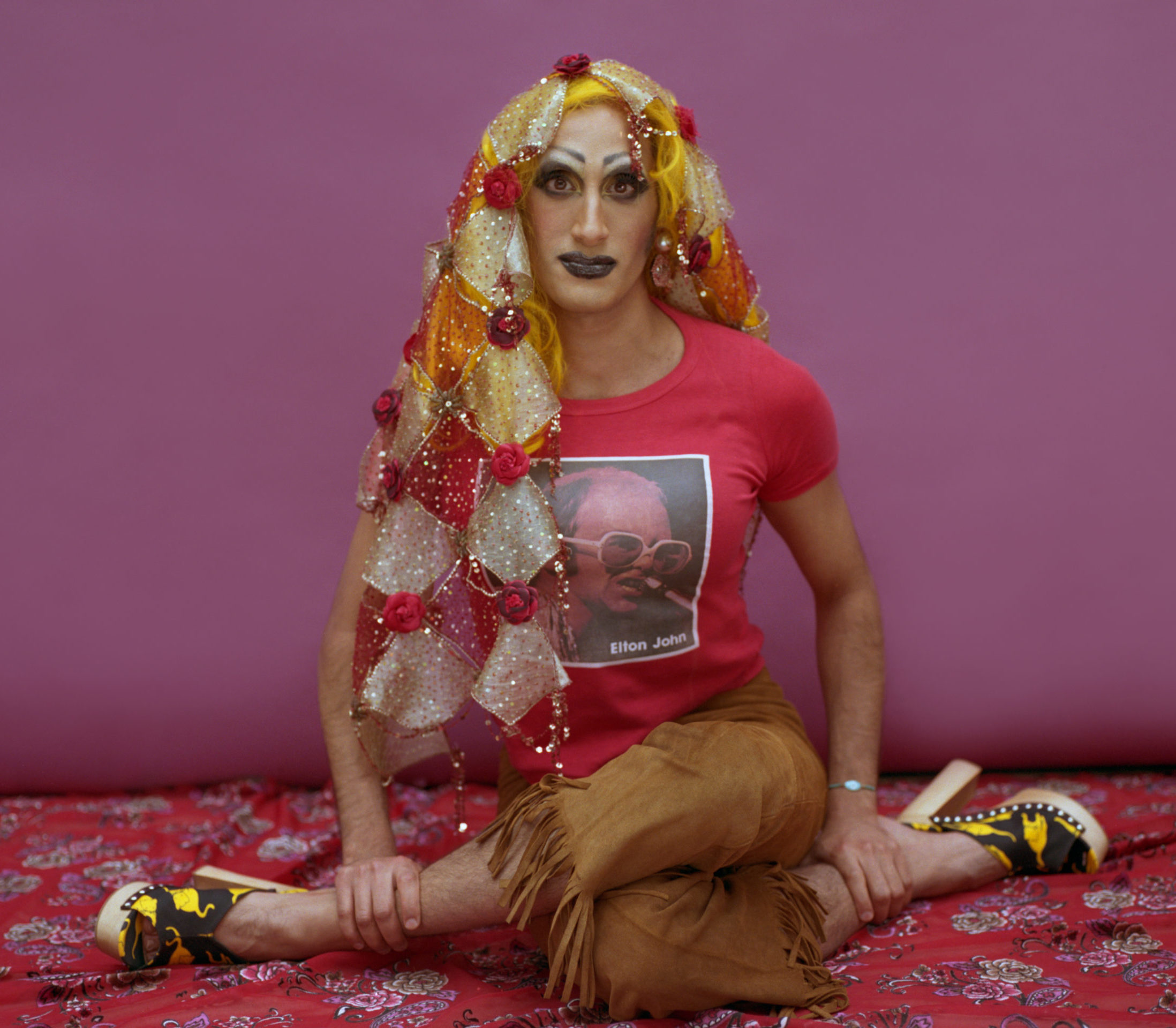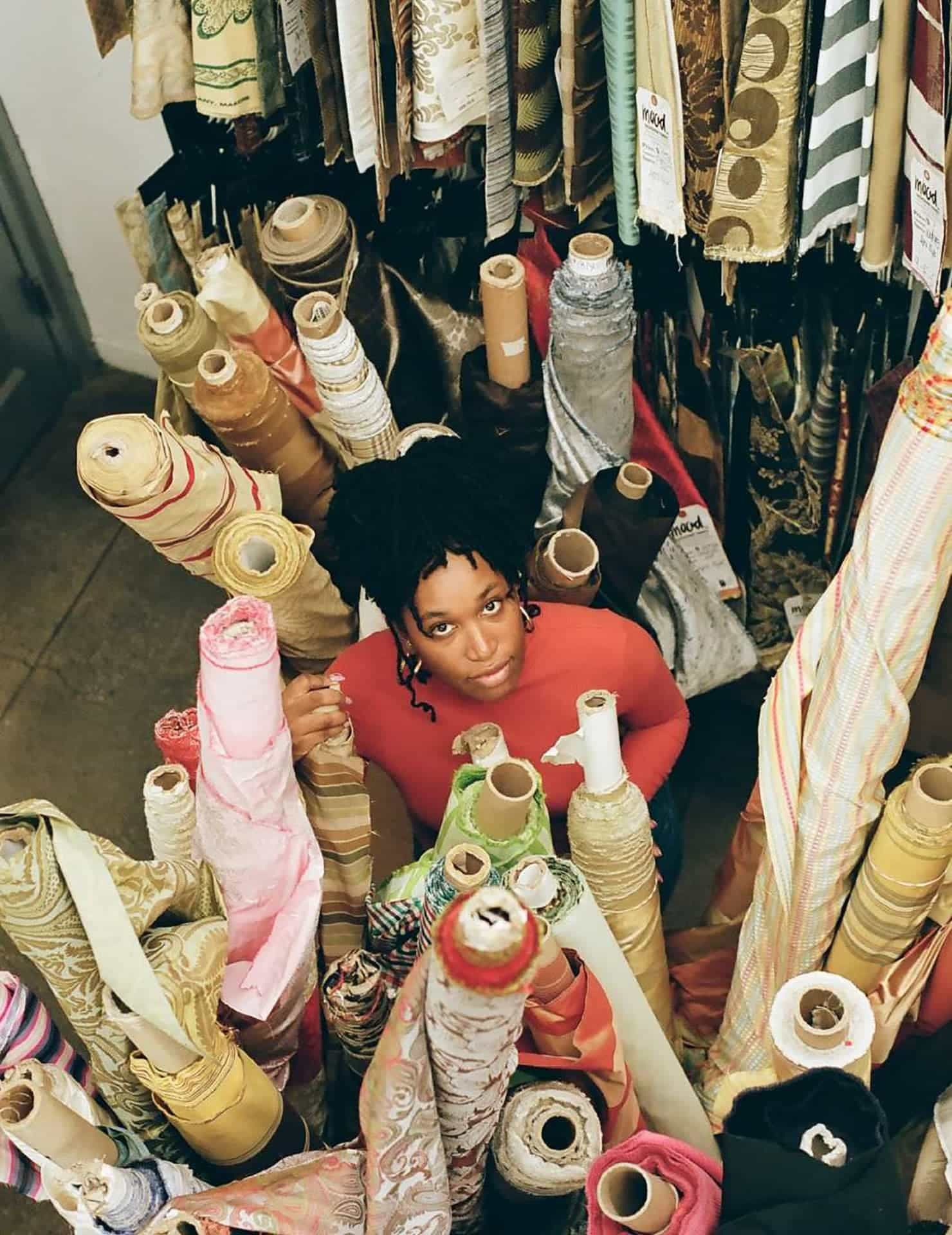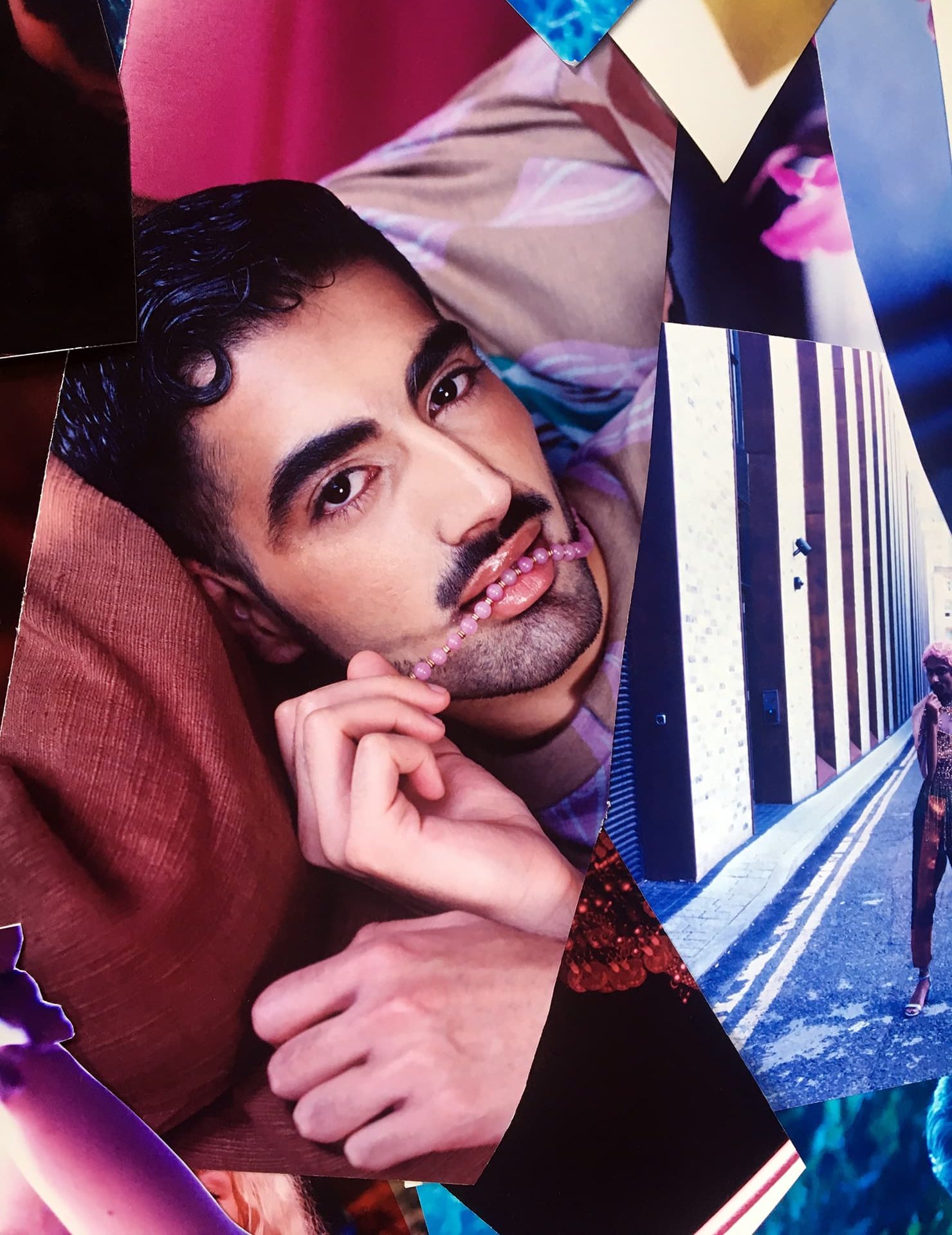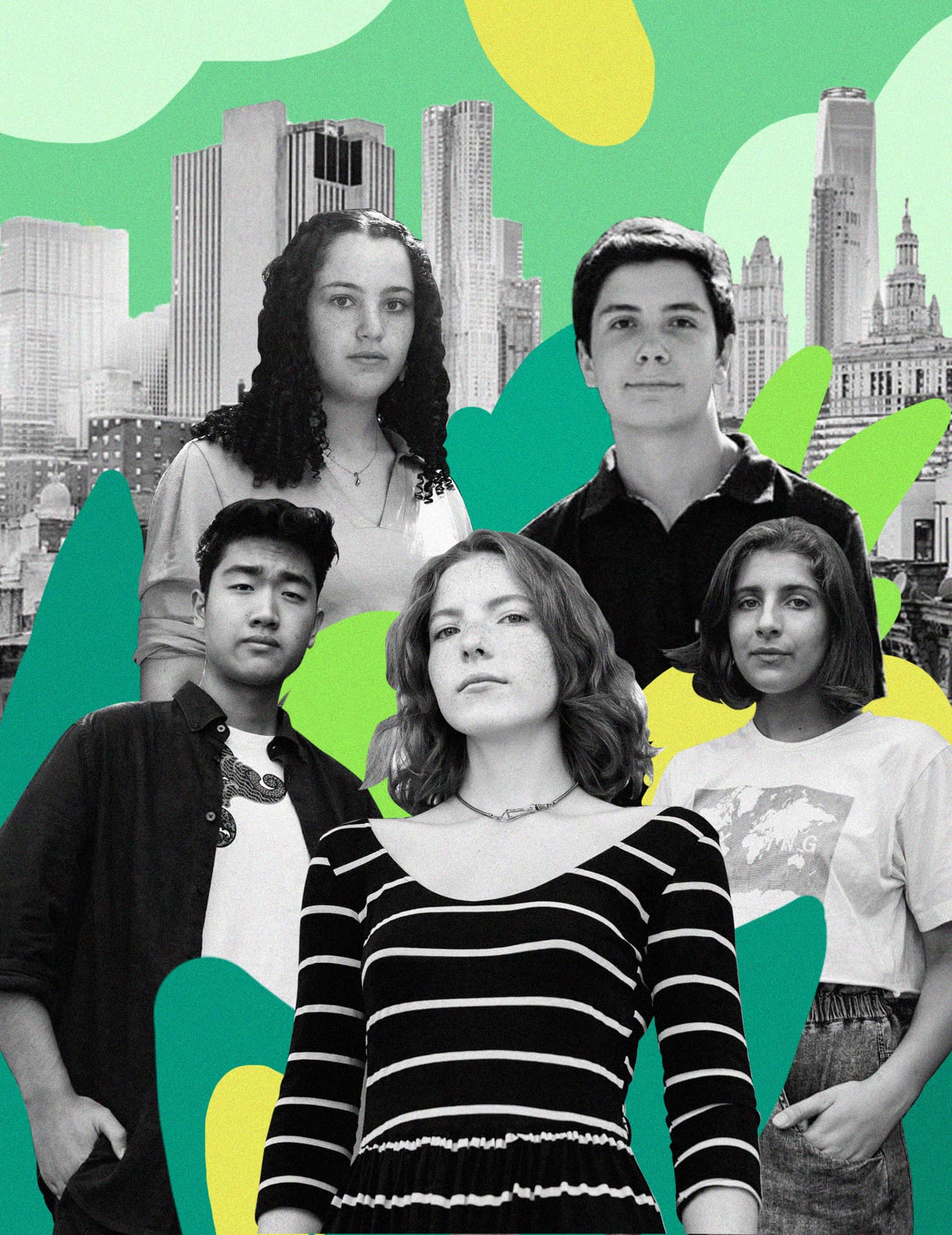Note: Contains discussion of suicide, anxiety and descriptions of self-harm.
When I was 14, I almost killed myself because of a comma. Literally – that sodding little relative of the bloody full-stop brought me to the brink of suicide. Allow me to explain.
I was writing a short story for an English school assignment, the grade of which would contribute to my result in UK National Exams called GCSEs. We were assessed according to an exam-certified chart, which asked the teacher to score everything from our use of verbs to the complexity of our punctuation choices. I worked extraordinarily hard on my piece of coursework. I went through thirty-two drafts, to be precise, and made sure I had included everything mentioned on the mark scheme I had all but ingested. I felt a huge sense of relief when I handed it in on the Friday before a week of school holiday.
When I got home, my brain – addicted to anxiety as it was – forced me to look through the story I had just submitted. I read it through, my finger trembling as it scrolled on the desktop mouse, terrified that a glaring mistake might explode in my face at any second. After a nail-biting twenty minutes, I reached the final paragraph, and was almost out of the woods. When there it was. A disaster worse than I could possibly have imagined: I had forgotten to use a comma in a sentence that needed one.
An iron rod of panic whacked my chest. I felt quite genuinely that life was no longer worth living. My first port of call was to investigate why I had been so careless as to omit a comma; I read each of my thirty-two drafts to track when I had accidentally erased it with a backspace. I then downloaded every single examiner’s report about this GCSE unit, to ascertain what this absent comma would cost to my life. That evening, I refused dinner, and even screamed into my pillow in bed. For the upcoming week’s ‘holiday’, I was so fatigued with depression that I spent all of it bed-bound, barely able to eat, let alone talk.





